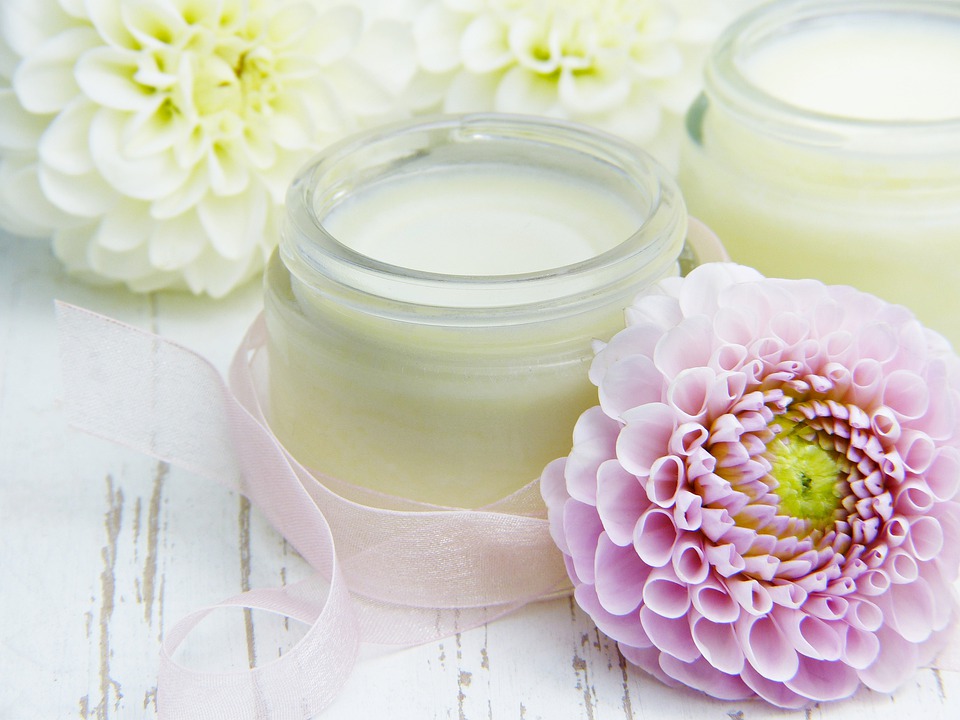Beauty is a billion-dollar industry. As national wealth grows, the increase in disposable income has allowed both men and women to spend on personal care. Unfortunately, with demand comes unscrupulous (and even unethical) manufacturing practices. It is no surprise that many people are choosing natural face products to avoid ingredients that can potentially cause short-term and long-term health issues. However, not every product labeled “natural” is actually safe to use. Here’s how to protect yourself when buying synthetic-free products.
Go Fragrance-Free.
A good scent helps create a more attractive product and hide any neutral or unappealing scent. In most cases, the fragrance included in a face product contains a combination of chemicals that may cause allergic reactions in sensitive individuals. When checking a product, look at the ingredients list for labels such as “perfume”, “parfum” or “fragrance”. If you find these, then that product has fragrance added.
Read the Label.
Just because a product has slapped on the term “natural” on its label does not guarantee that everything in it is truly all-natural. This category is still unregulated, which means that any cosmetic or beauty product manufacturer can use the term even if they mix in synthetic ingredients with natural ones. They could, for example, label a sugar-based face scrub as natural due to its use of real sugar grains even if it is mixed with other synthetic ingredients.
When checking out the logos, look for questionable ingredients that still find their way in “natural” products. These include sulfates, phthalates, formaldehyde, bismuth, and anything that ends in paraben. Parabens, for example, are often used to preserve the product but have been linked to cancer. As a rule of thumb, try to do research on the ingredient if it sounds suspicious.
Avoid Added Coloring.
Some manufacturers use dyes to make their products prettier. Colors are appealing to the eyes but they could cause adverse skin reactions or even stain skin and clothing. Colors also do nothing for the product other than add to its aesthetic appeal.
Mind the Logos.
Natural face products should be labeled “cruelty-free” or “not tested on animals”. Look for stamps such as Certified Natural or Certified Organic. These labels are used only by manufacturers of products that have all-natural and/or organic ingredients.
Mind the Packaging.
When it comes to natural products, packaging matters. The best types of packaging are materials that are non-toxic and can be recycled or reused. Consider glass, paper, fabric, or certain types of plastics, such as PET or HDPE containers. Try to avoid products that are in single-use containers, especially if the container is unrecyclable plastic. Many natural products manufacturers even offer discounts to customers who buy the same product using returnable/reusable packaging.

No Comments